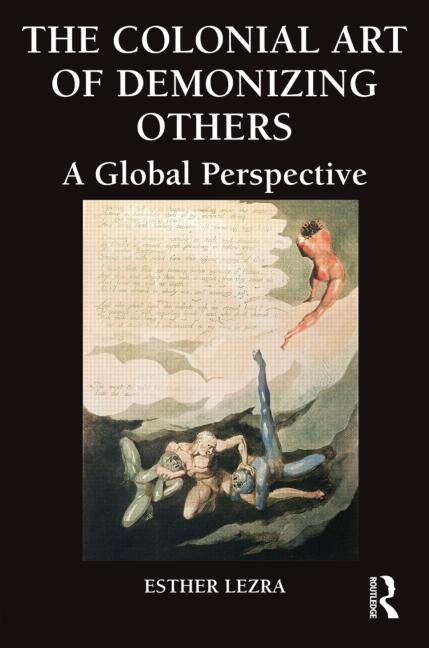
The Colonial Art of Demonizing Others

The realization that mainstream political discourse in the United States continues to use patterns or representation — or misrepresentation — rooted in the 18th century didn’t simply strike Esther Lezra. It inspired her to write a book about it.
The result is “The Colonial Art of Demonizing Others: A Global Perspective” (Routledge, 2014), in which the UC Santa Barbara associate professor of global and international studies explores the ways black freedom was perceived and how it became solidified into recurring patterns of misrepresentation between 1750 and 1848.
“It was important to show that the representational patterns that we use today are inheritors of an early representational rhetoric that was intrinsically tied up with material violence and injustice endured by peoples who were subjected to empire and colonialism,” Lezra said. She chose this particular period, she noted, “because it represents a time when the practice, theory and documentation of the empire — along with the tropes that represent the empire — became crystallized.”
The book focuses on materials of distinct yet related sociopolitical and linguistic archives of England and Surinam, Spain and the Americas, France and the Antilles, and the U.S. and Iraq.
“While the book enters into a series of preexisting scholarly conversations about colonialism, empire and postcoloniality, what distinguishes it is the variety of written and archives, languages and geopolitical spaces it moves through in order to make the argument,” Lezra explained. “At the same time, it reveals the ways in which the dominant colonial archive represented non-European people as monstrous and how it reluctantly registered the power and freedom-seeking agency of suppressed populations.”
In an era of unlimited military action, drone warfare and acts of massive human suffering, Lezra’s book shows that words and symbolism are intimately related to material violence and that certain representational patterns — words, language images — bring with them, reinforce and reproduce historical patterns.
“I attempt to answer the question of how we have reached this point and what we can do about it,” Lezra said. “I argue that today’s political and cultural investments come to us through a long history of representing non-European peoples as monstrous and that the phobic fantasies we have inherited from this long history continue to frame the rationale through which brutality and violence — when visited on non-Western populations — is portrayed and understood as necessary in the interest of the greater common good.”
A specialist in the literary and cultural study of the Caribbean, Europe and North Africa from the 18th century to the present, Lezra is the author of numerous articles that have appeared in scholarly publications such as “Dissidences: Hispanic Journal of Theory and Criticism,” “Anthurium: A Caribbean Studies Journal” and “African Diasporas: Ancestors, Migrations and Boundaries.”



